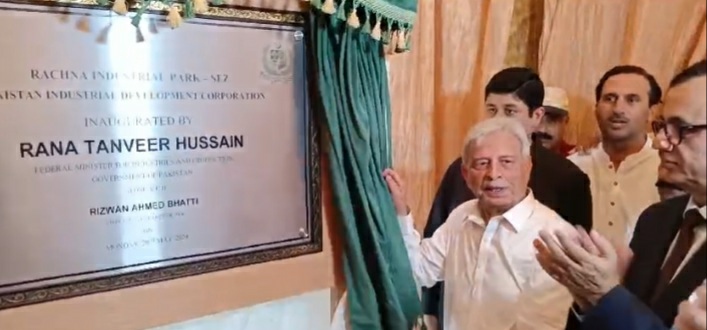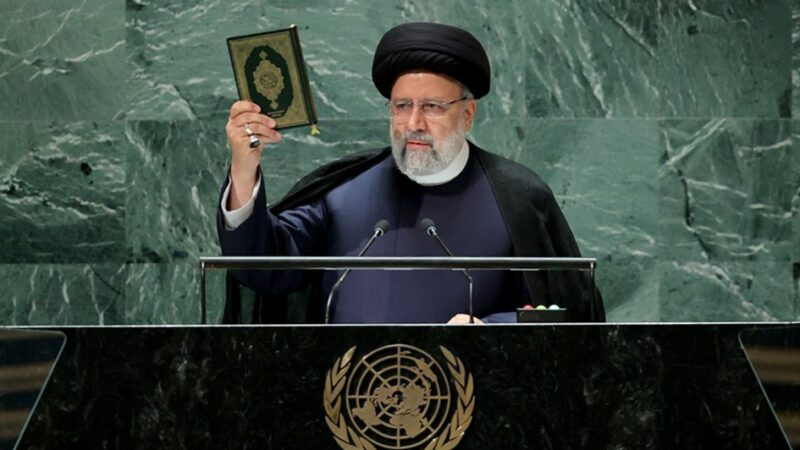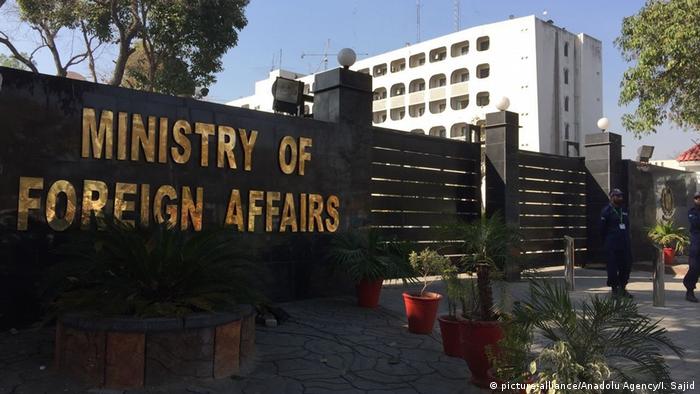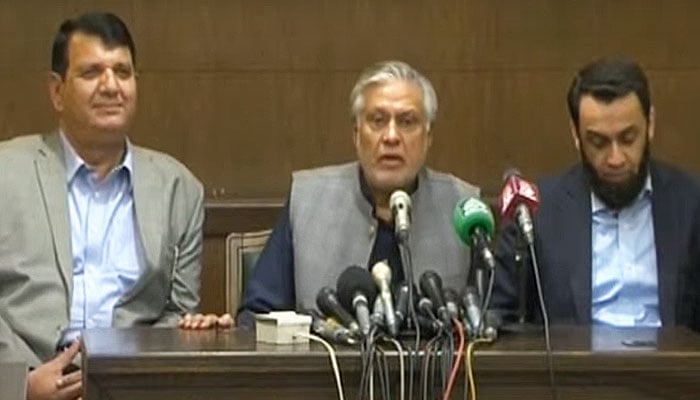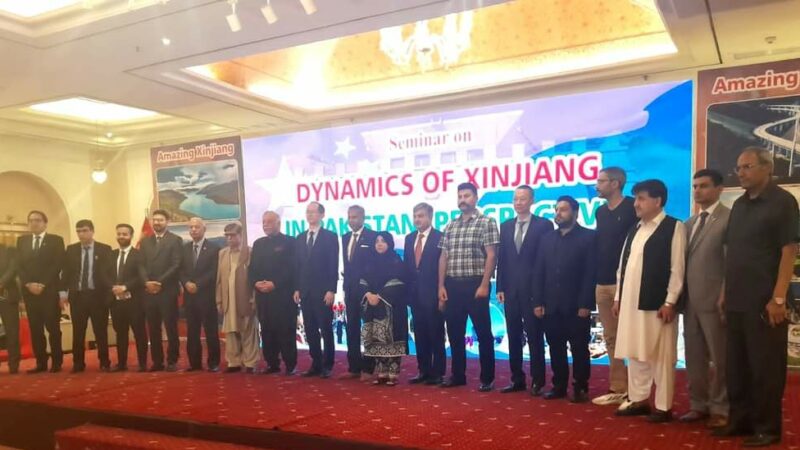Islamabad, A roundtable conference held in the federal capital of Pakistan delved into the repercussions of the conflict in Gaza on the United States, with a consensus emerging that the shift in focus from Ukraine to the Middle East has presented challenges for the U.S., benefiting Russia. The event, titled “The Interplay and Linkages between the Ukraine War and Gaza Crisis: Assessing Regional and Global Implications,” was organized by the Pakistan Institute for Conflict and Security Studies (PICSS).
Former caretaker Defence Minister Lt. General Naeem Khalid Lodhi (R) and British analyst Manzar Waseem Qureshi addressed the conference, chaired by Major General Saad Khattak (R), Chairman of PICSS. Participants included Ambassador Fouzia Sana, Brig Kifah Abdullah, Palestinian Defence Attaché in Pakistan, Romanian Defence Attaché to Pakistan Col Cristian Roducu, Professor Azhar Ahmad from Bahria University, Chairman of the Kashmir Institute of International Relations Altaf Wani, Brig Tughral Yameen (R), Managing Director of PICSS Abdullah Khan, and others.
Gen Naeem Lodhi underscored the distinctions between the conflicts in Ukraine and Gaza, highlighting the asymmetry in the nature of the confrontations. He expressed concern about Israel’s policy of ‘Deterrence by Punishment’ in Gaza, warning of the potential use of Neutron Bombs. General Lodhi asserted that the U.S. finds itself isolated internationally, with global support leaning towards the Palestinian cause. He noted that while the destruction of buildings may occur, it could also provide a strategic advantage to guerilla fighters, particularly benefiting Hamas.
Mr. Manzar Qureshi suggested that Russia stands to gain from the Middle East focus shift caused by the Gaza crisis. He hinted at Russia’s potential involvement in supplying advanced technology to groups in the region. Qureshi emphasized the formidable capabilities of militias like Hizbullah, pointing out the potential threat they pose to American military assets in the region.
Mr. Ghulam Murtaza, Director of Peace Education Foundation, advocated for a one-state solution to the Palestinian issue, where both Palestinians and Jews enjoy equal rights. Participants acknowledged the challenges posed by Israel’s resistance to such a solution, and Brig Kifah Abdullah highlighted the mistreatment of Palestinians living as citizens in Israel.
In summary, the conference provided a platform for diverse perspectives on the geopolitical implications of the Gaza crisis, including its impact on global power dynamics and potential solutions to the longstanding Palestinian issue.

